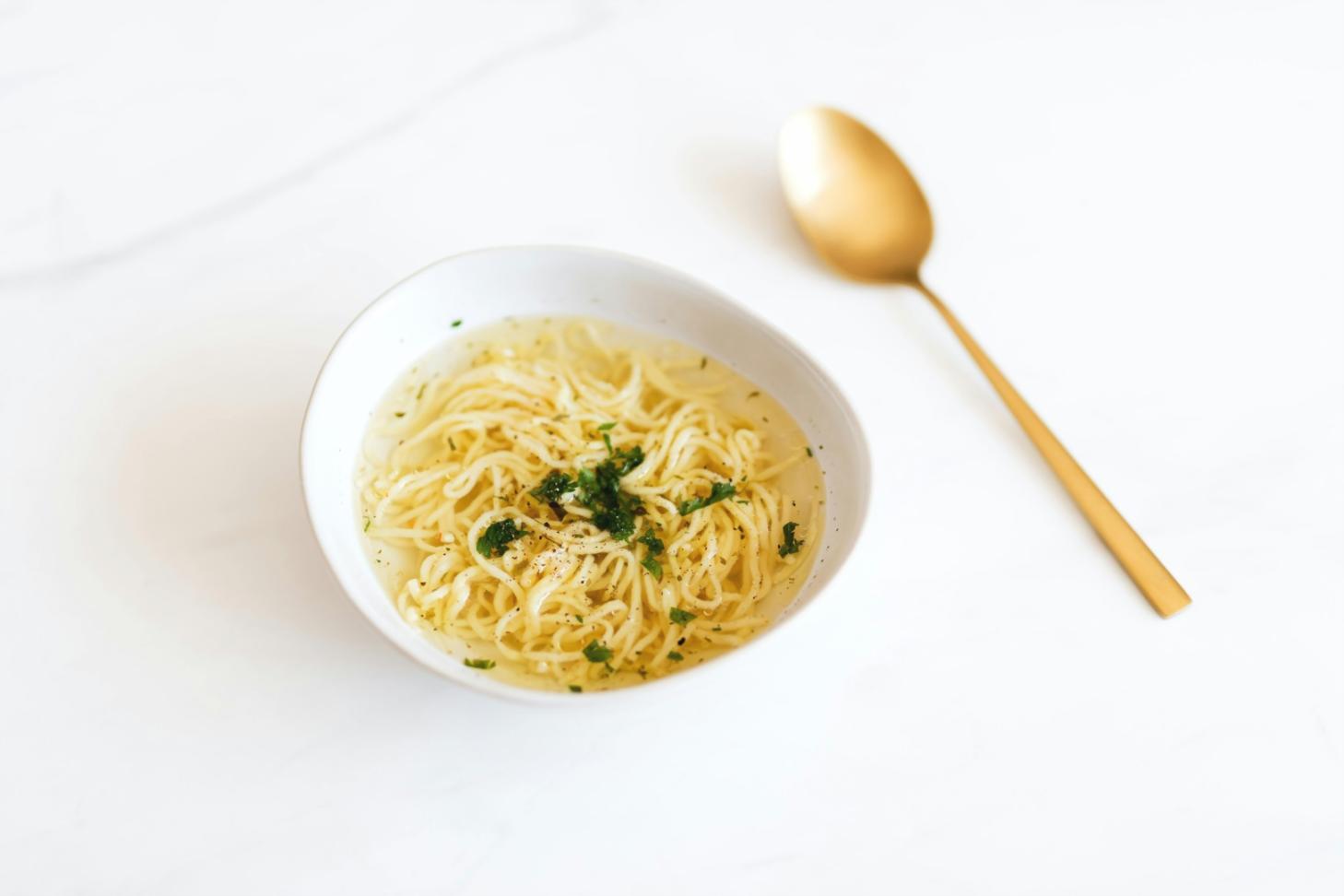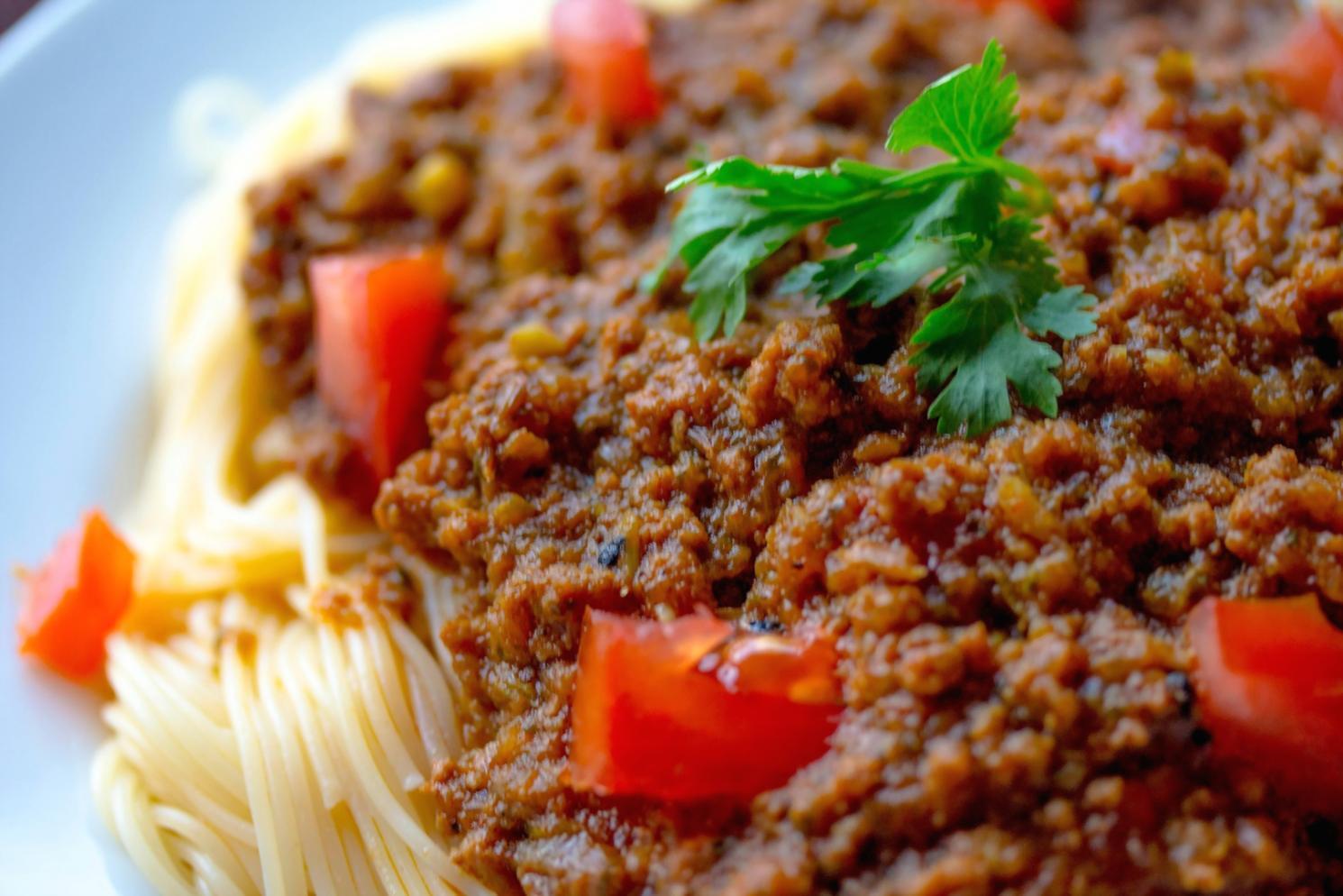Our Journey Through Seasonal Cooking
We believe that understanding seasonal ingredients transforms not just your cooking, but your entire relationship with food and creativity in the kitchen.
Where It All Started
Back in 2019, I was working in commercial kitchens across Bristol and noticed something troubling. Home cooks would come in asking about techniques, but they'd completely lost touch with seasonal rhythms. People were buying strawberries in January and wondering why their winter soups lacked depth.
That disconnect sparked what eventually became Uexton. We started with weekend workshops in community centres, teaching people to cook with what's actually growing around them. The transformation was incredible – not just in their dishes, but in how they approached creativity itself.
"When you understand why parsnips work better than carrots in February, you start thinking differently about everything – timing, patience, working with natural patterns instead of against them."
What began as simple seasonal cooking classes has grown into comprehensive creativity education. We help people rediscover the joy of working with natural cycles, whether they're planning a week of meals or developing completely new approaches to kitchen creativity.

What Drives Everything We Do
Our approach to seasonal cooking education is built on principles that go far beyond recipes and techniques.
Natural Rhythms
We teach cooking that follows seasonal availability, helping you understand why certain ingredients work better at specific times and how this knowledge enhances creativity.
Creative Discovery
Every seasonal ingredient offers unique creative possibilities. We guide you through exploring textures, flavours, and techniques that bring out the best in each season's offerings.
Sustainable Learning
Our programs emphasize building skills that develop over time, creating cooking habits that reduce waste while increasing satisfaction and kitchen confidence.
We exist to reconnect people with the natural creativity that emerges when you understand seasonal cooking – not as a restriction, but as a framework for discovering possibilities you never knew existed.
Our Teaching Philosophy
Real seasonal cooking education happens through hands-on experience with expert guidance. We don't just explain techniques – we help you understand the reasoning behind seasonal choices and develop your own creative instincts.
Learning Through Seasons
Each season presents different challenges and opportunities. Our instructors help you recognize these patterns, building skills that compound over time. By autumn 2025, you'll approach winter ingredients with confidence that comes from understanding, not just following recipes.
Henrik brings fifteen years of professional kitchen experience to our programs. He's worked everywhere from farm-to-table restaurants to teaching community groups, always focusing on how seasonal awareness transforms cooking creativity.
Practical Focus
Every lesson includes techniques you'll actually use, with seasonal ingredients you can find locally throughout the year.
Personal Development
We help you develop your own creative style while building fundamental skills that apply across all seasons.

Our teaching style emphasizes understanding over memorization. You'll learn why certain combinations work, how to adapt recipes based on seasonal availability, and most importantly, how to trust your developing instincts in the kitchen.


Henrik Sørensen
Henrik's passion for seasonal cooking developed during his years working in Bristol's restaurant scene. He discovered that the most creative dishes came from understanding ingredients at their peak seasons, leading him to develop teaching methods that help others make the same discoveries. His approach combines professional technique with practical home cooking wisdom.
